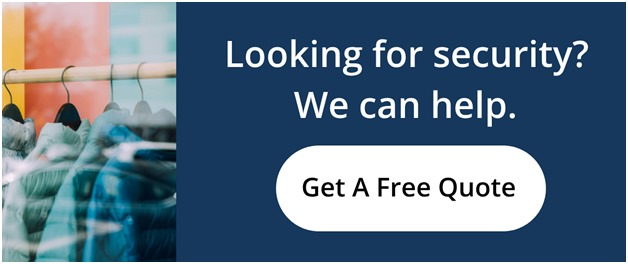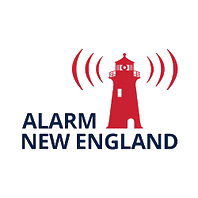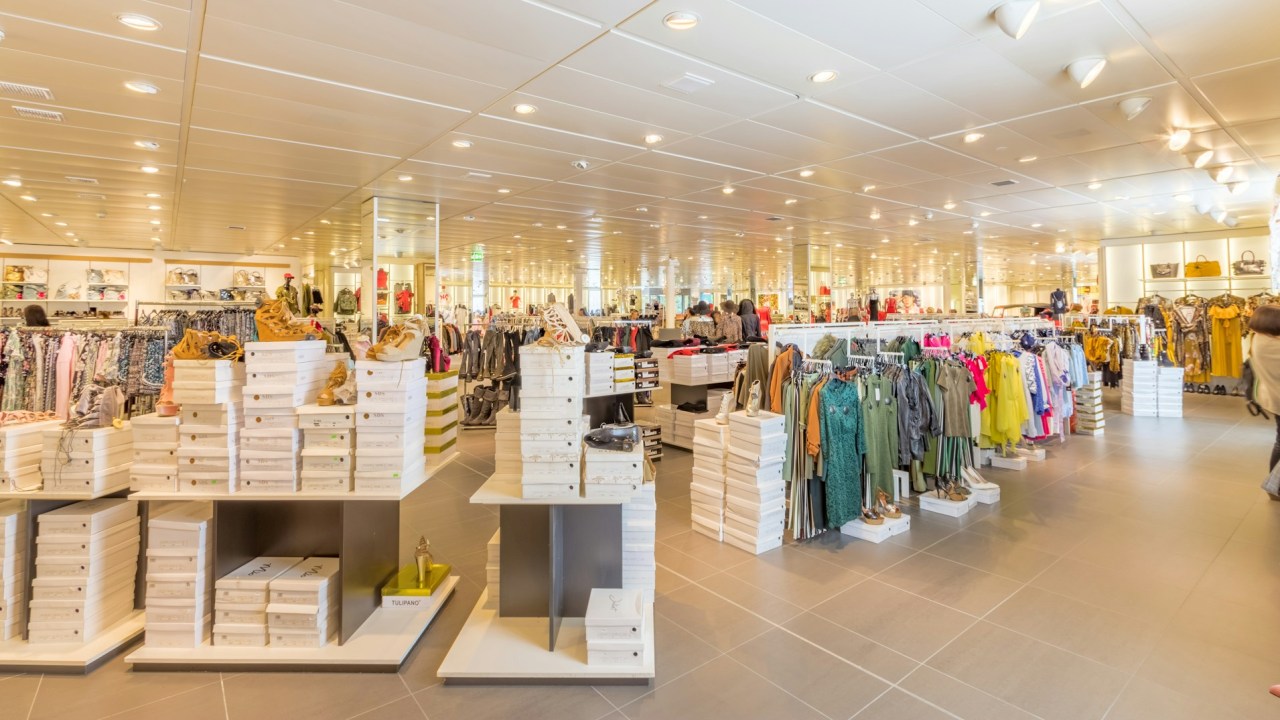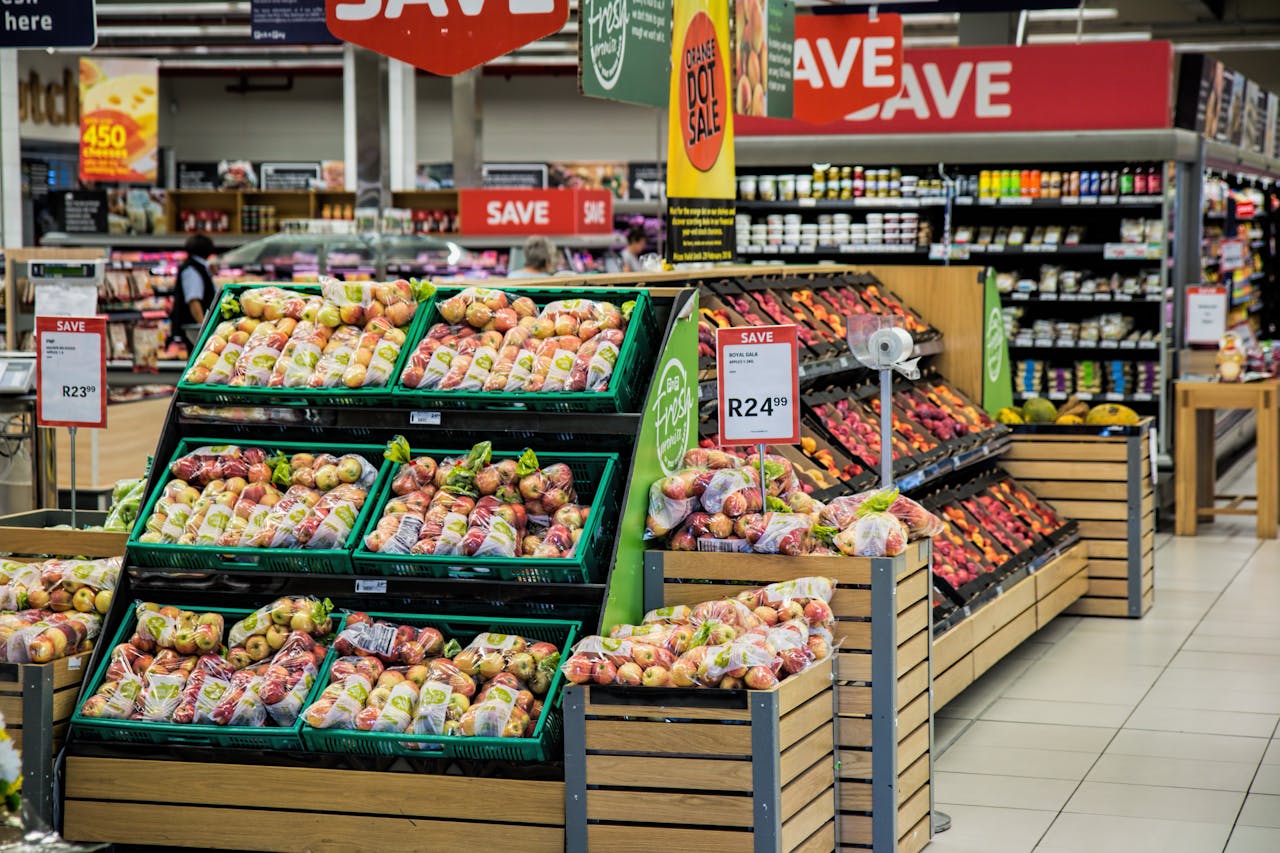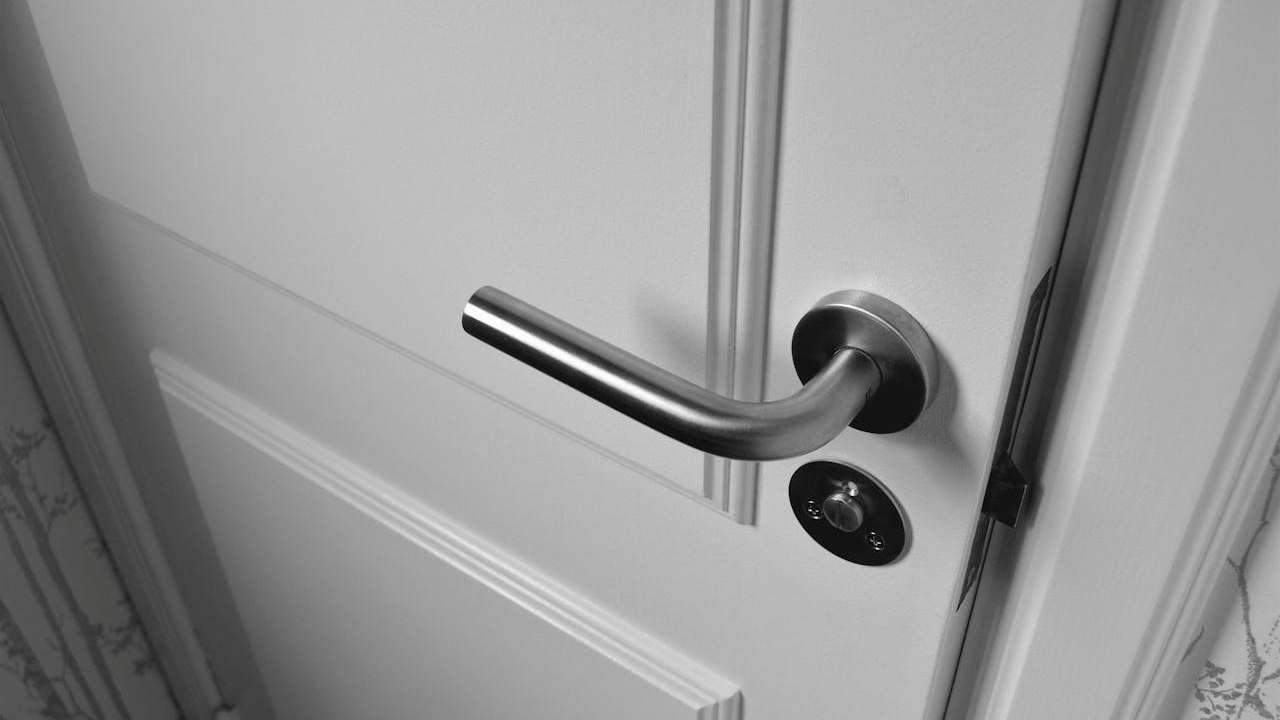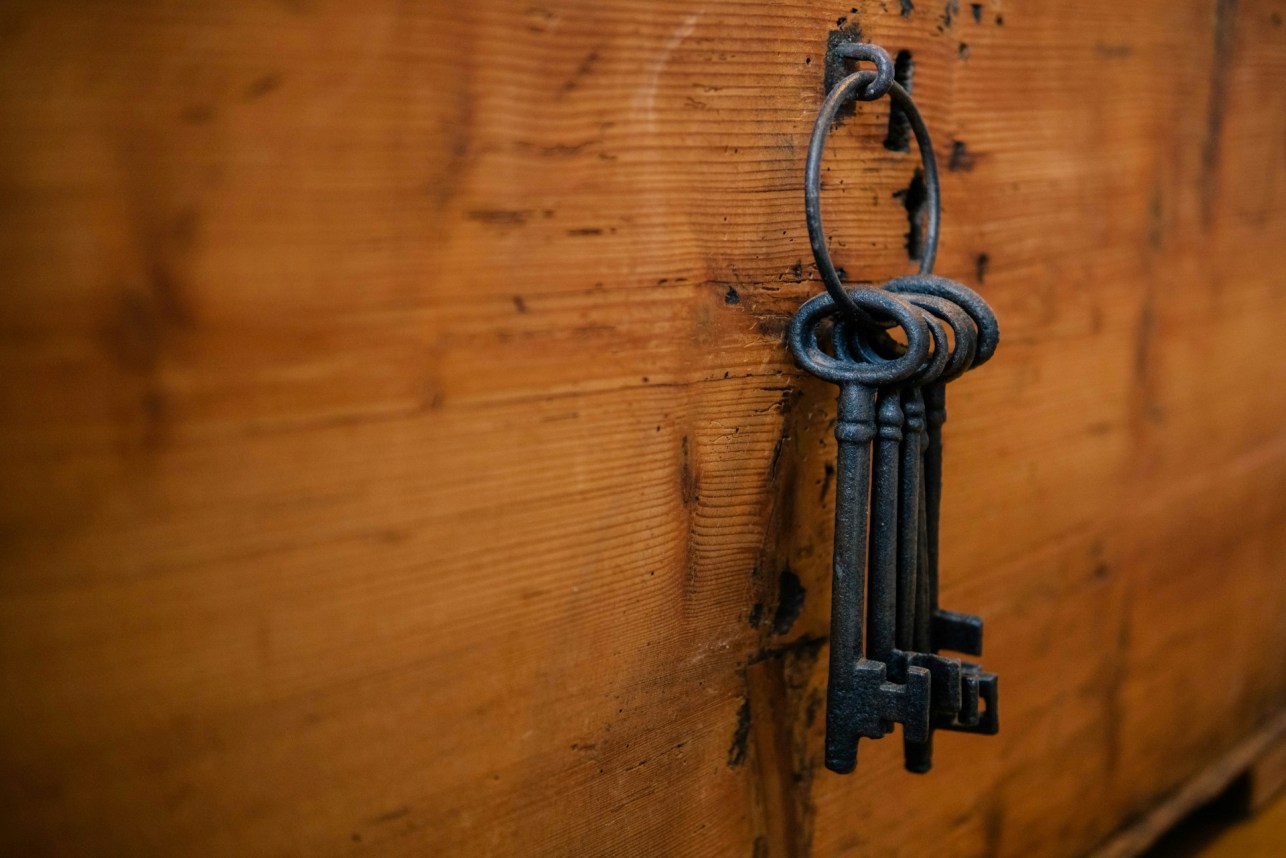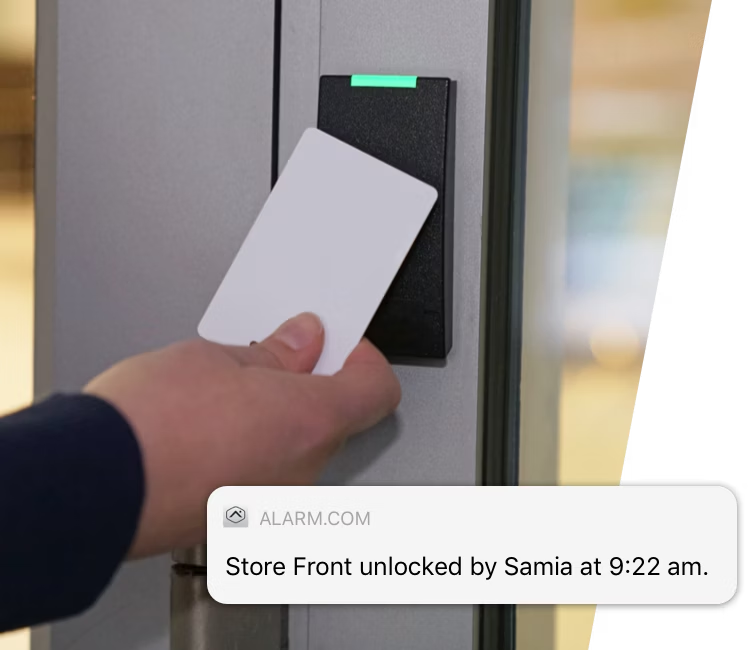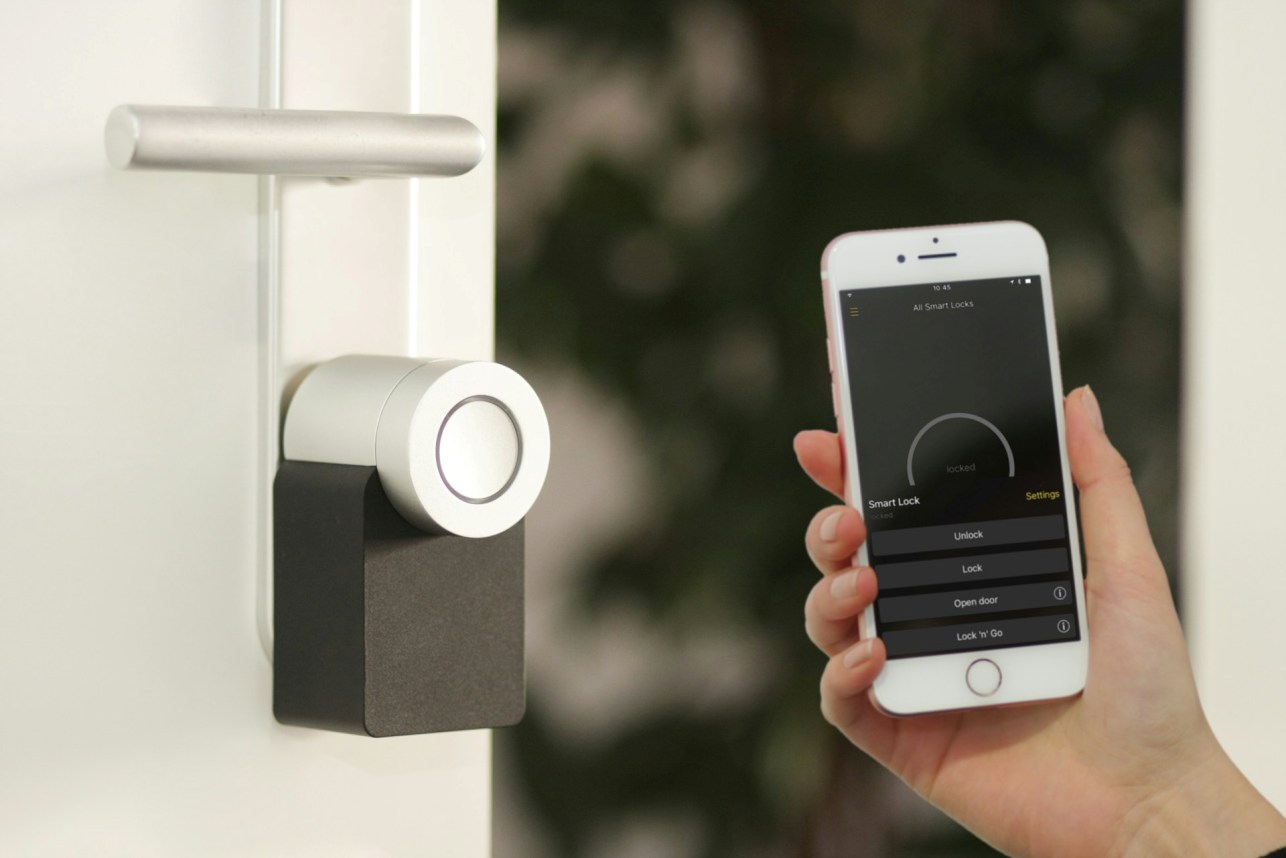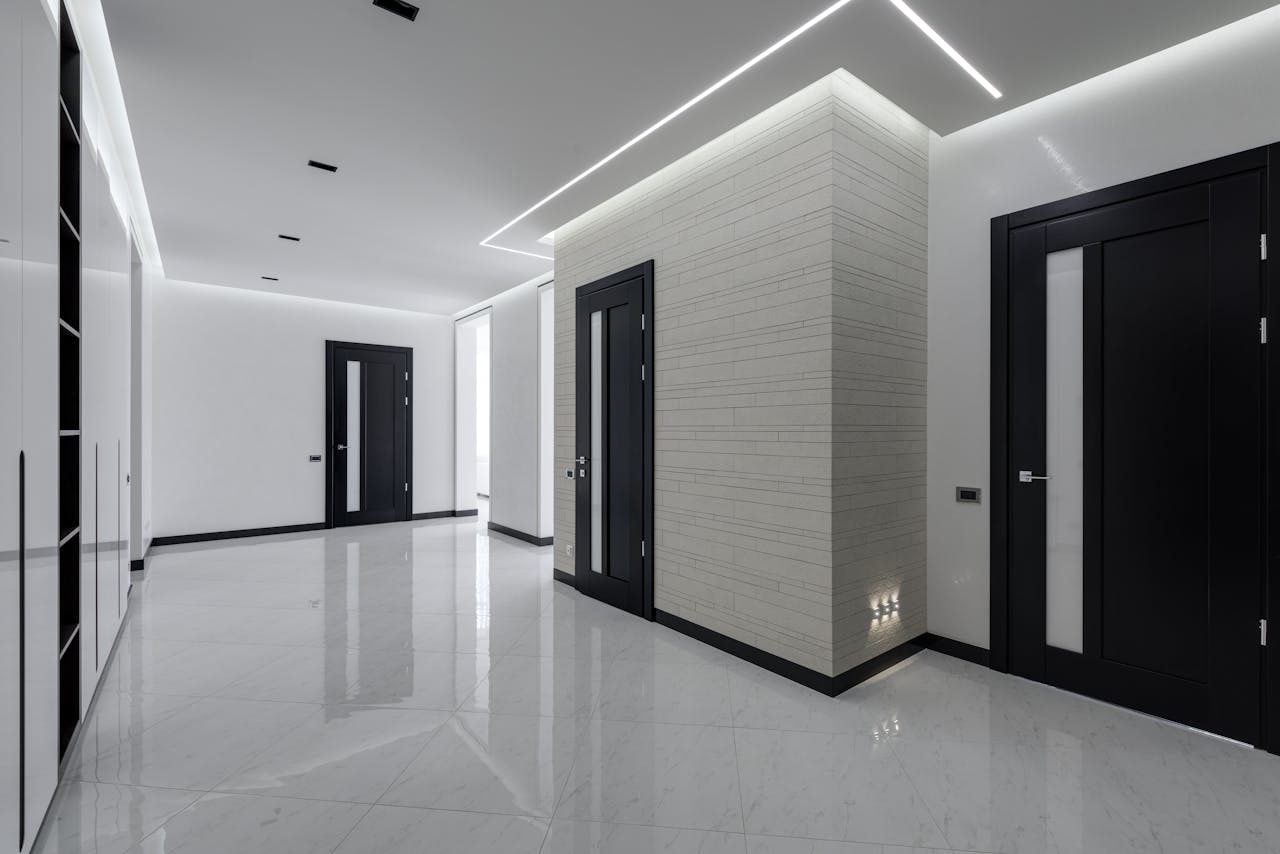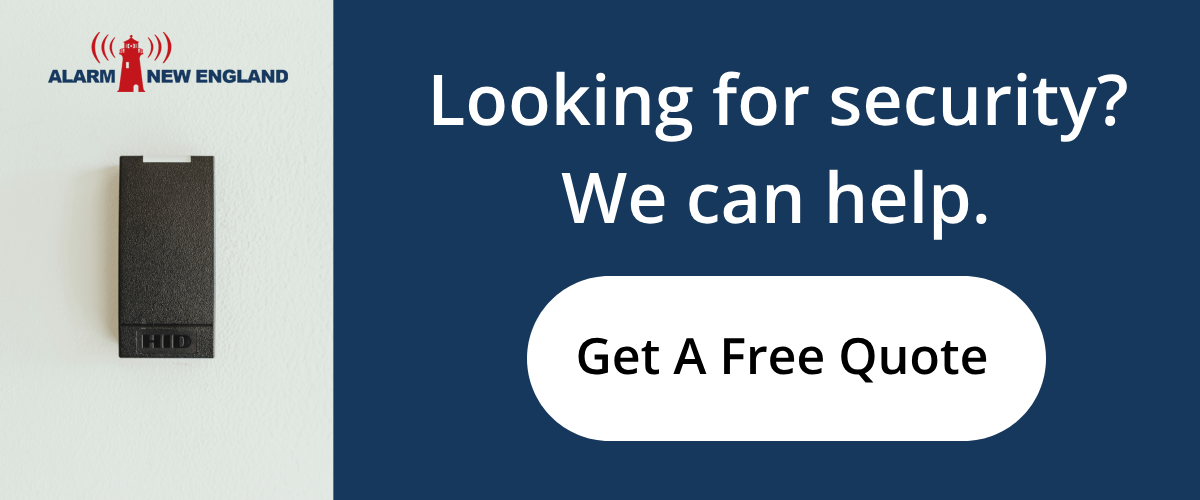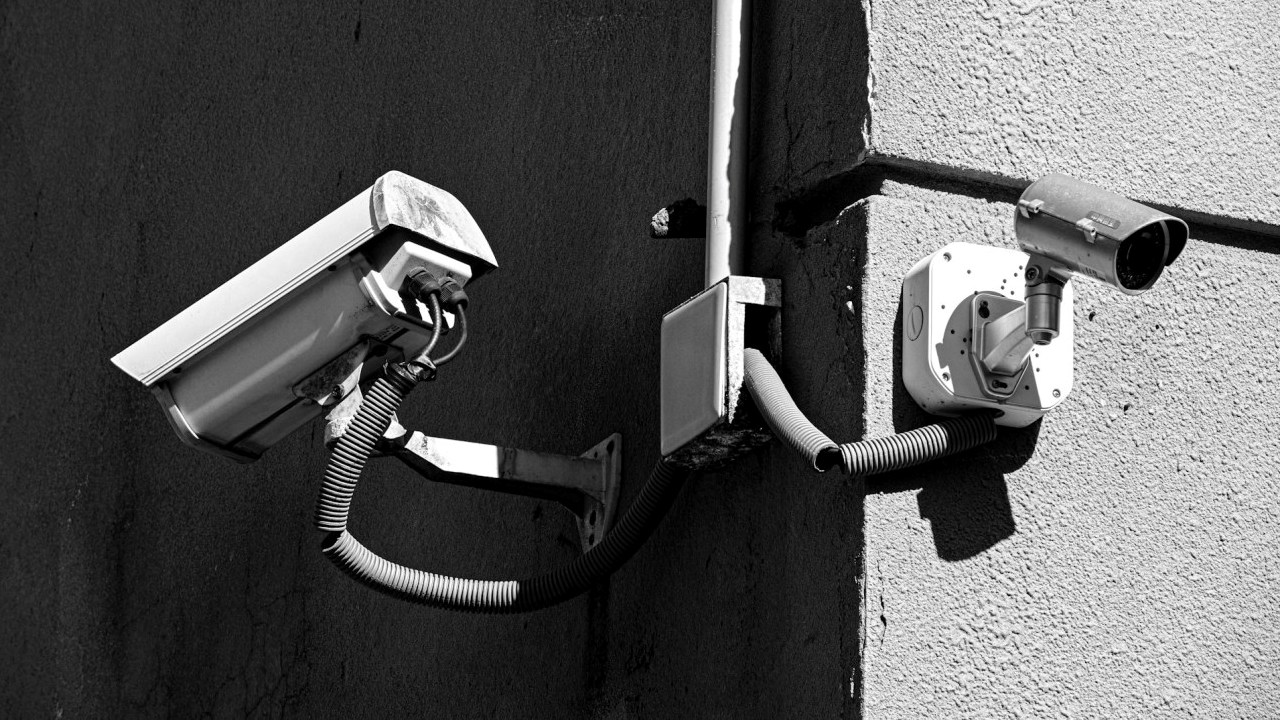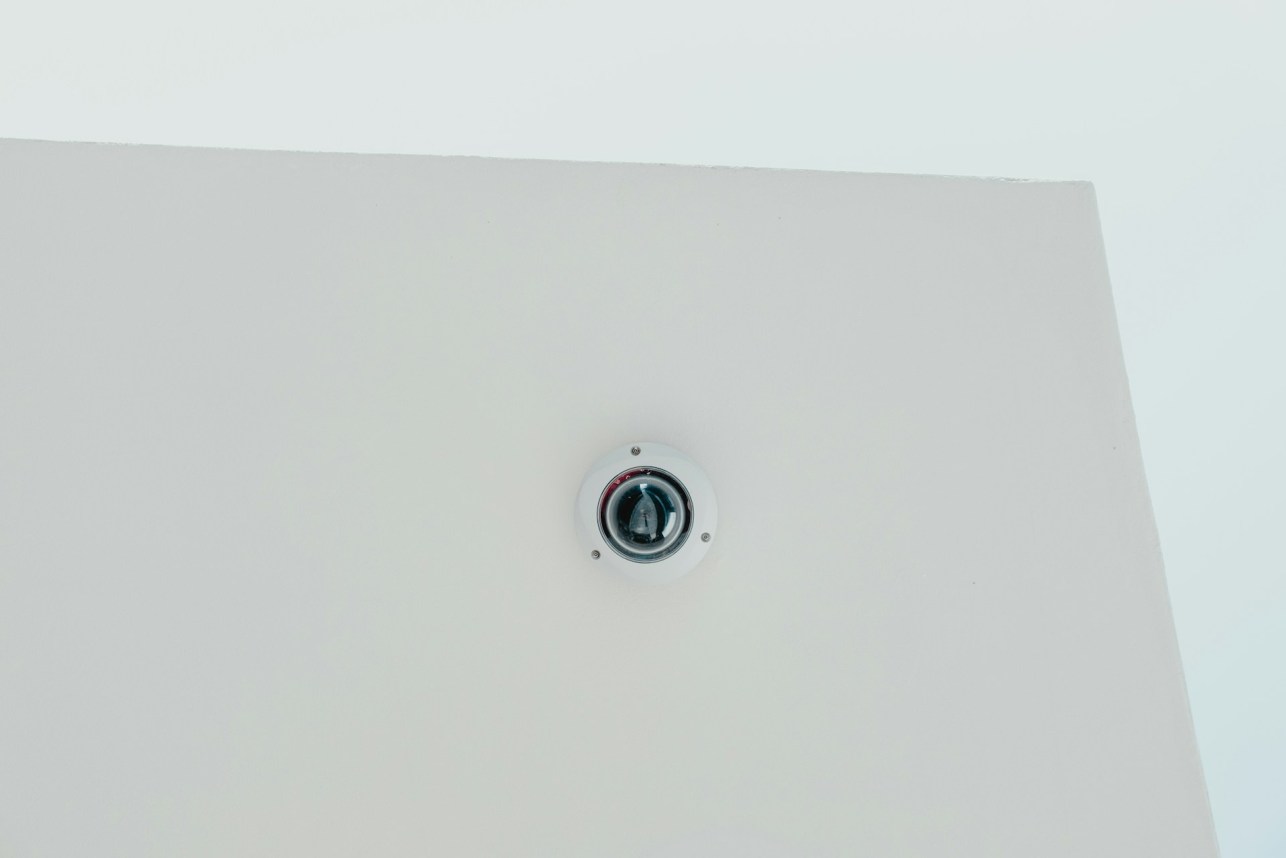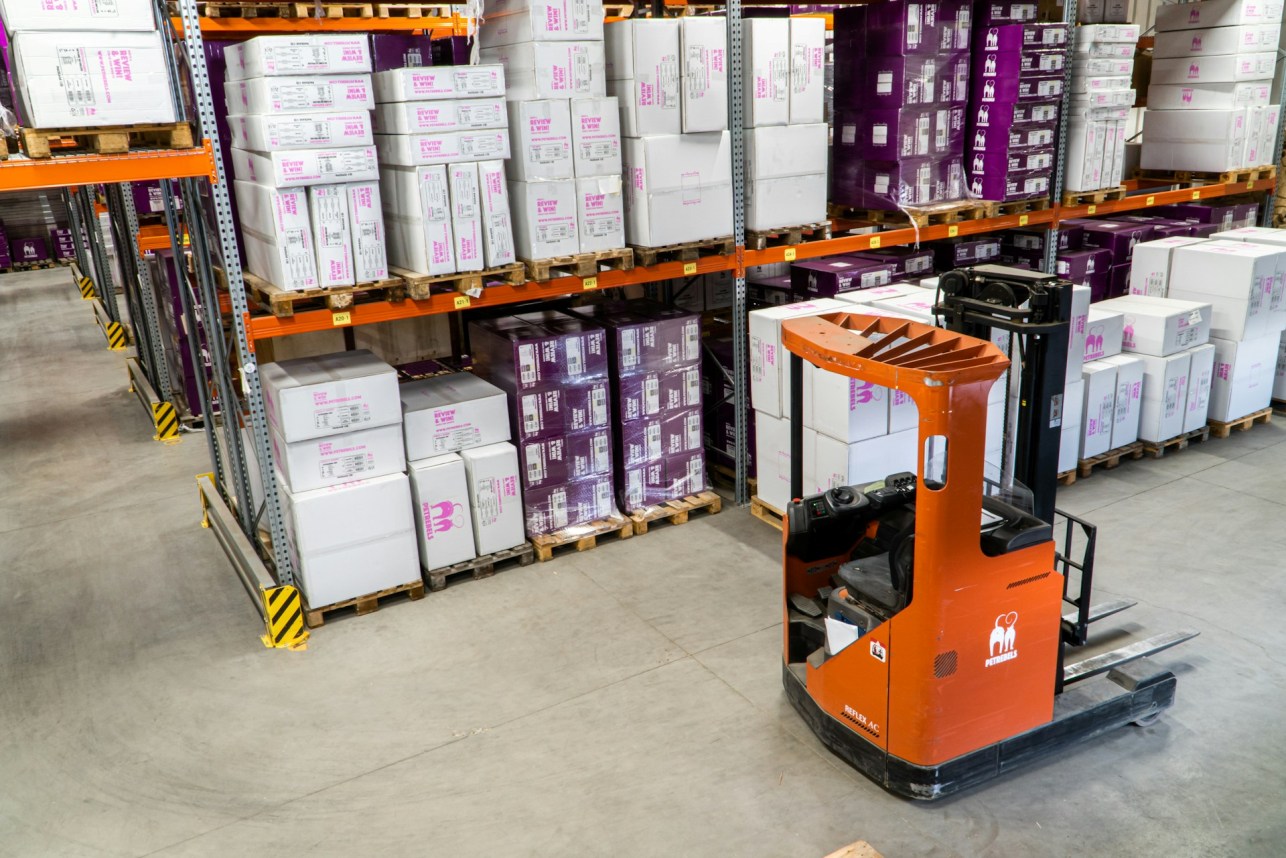Last Updated on October 30, 2024 by Alarm New England
As a retail store owner, your top priorities are most likely:
- Making sure your employees and customers are safe
- Preventing theft
- Protecting your inventory
In order to achieve these goals, one of the most important things you need is a good commercial camera system. But with so many options on the market, it can be tough to determine which is the best retail security camera system for your needs. In this article, we’re here to let you know some of the key considerations a retail store owner must make about their CCTV or security camera system.
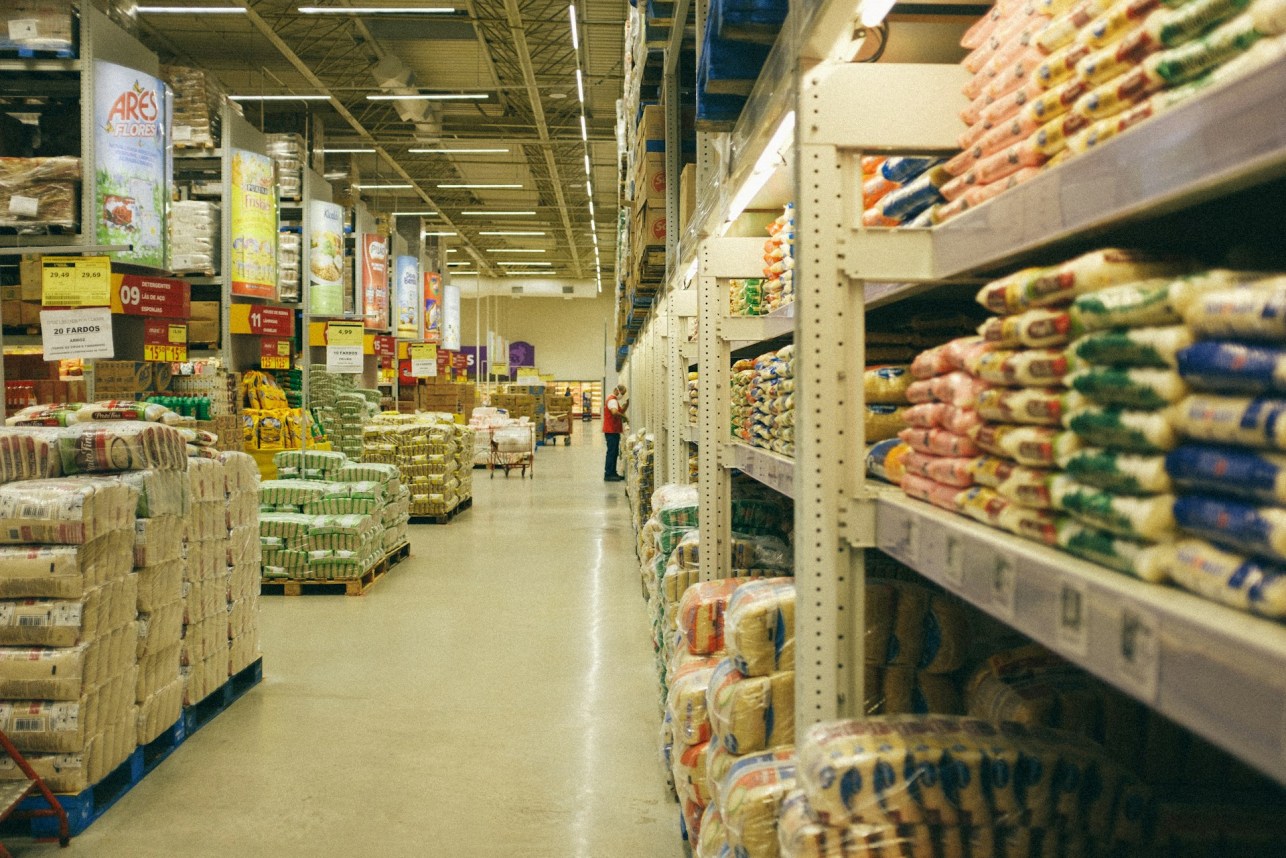
The Reality of “Best” Systems
The truth is, there’s no one-size-fits-all solution for retail store video surveillance. The “best” system depends on your store’s specific requirements, budget, and layout. However, several key factors should guide your general decision-making process before you install or upgrade your system.
6 Key Factors to Consider
1. Image Quality
High-resolution cameras, preferably ones with at least 1080p resolution, provide clear footage. This can be crucial in scenarios when identifying individuals and incidents is required. This clarity can make all the difference when reviewing footage for security purposes or providing evidence to law enforcement.
2. Coverage
A well-designed system should include a mix of wide-angle cameras to monitor large areas and targeted cameras for high-risk zones like cash registers or valuable merchandise displays. This comprehensive approach ensures that no area of your store goes unwatched. You always want to aim for a camera system with no blind spots.
3. Storage Capacity
Whether you opt for cloud-based or local storage, ensure that your CCTV system has sufficient capacity to retain footage for as long as required by law or your company policy. Many retailers find that cloud storage offers convenience and scalability, while local storage provides faster access to footage and may be more cost-effective in some situations.
4. Remote Access
Look for systems that allow you to view live and recorded footage from mobile devices or off-site computers. This feature enables you to keep an eye on your store even when you’re not physically present, providing peace of mind and the ability to respond quickly to incidents.
5. System Integration
Choose a camera system that can integrate with your point-of-sale system and other security measures. This integration can help you correlate visual data with transaction information, making it easier to identify and investigate discrepancies or suspicious activities.
6. Advanced Analytics
Advanced smart features like customer flow analysis and object detection can provide valuable insights into your business operations. Analytics can give store owners a better idea of customer behavior, allowing them to make improvements to the store based on the camera software’s actionable insights. Improve your store layout for greater efficiency and security.
Top Brands in Retail Security Cameras
Several brands stand out in the retail security camera market. Here is a quick summary of some of the popular ones.
1. Verkada: Known for cloud-based storage solutions and advanced analytics.

2. Avigilon: Offers high-resolution cameras and AI-powered analytics to detect unusual activities.

3. Axis Communications: Provides a wide range of camera options and robust software for managing large-scale deployments.
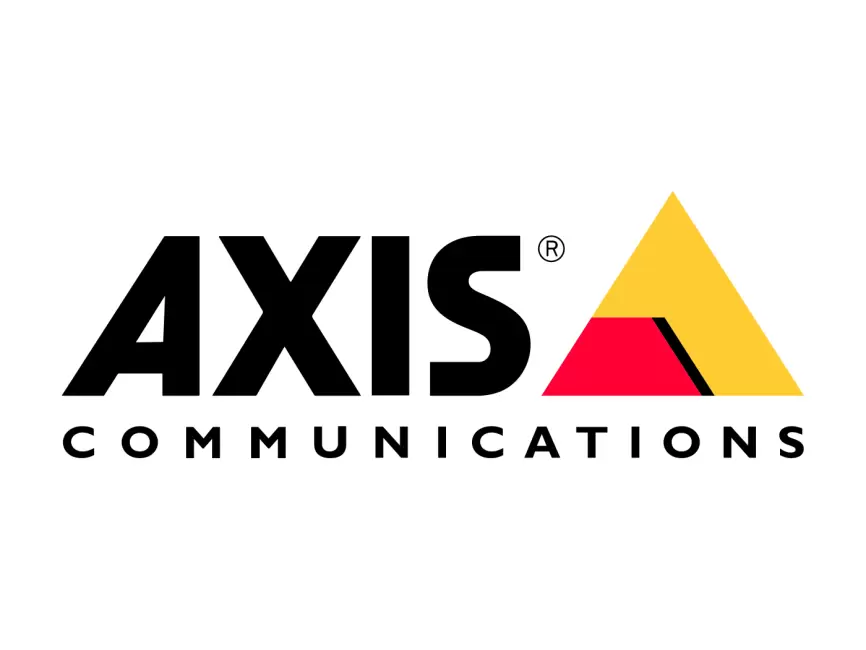
4. Alarm.com: Ease of use and Business Activity Analytics allow this camera system to improve your business, not just protect it.

Which Retail Cameras Should You Choose?
As with most questions in the security industry, there is not one standard right answer. The best retail security camera system for your store will depend on its unique needs and circumstances. Consider consulting with a security professional like Alarm New England who can assess your space and recommend a customized business security solution. Remember, investing in a quality security camera system is not just about preventing losses – it’s about creating a safer environment for your employees and customers, and gaining valuable insights that can help your business thrive. In this way, a security camera system can prove itself to be a fantastic investment that will pay off in dividends.
If you have any questions about security cameras for your New England business, whether it’s in Massachusetts (Cape, Boston, and beyond), Connecticut, or Rhode Island, we have you covered. Learn more about security camera installation and service at Alarm New England today.
